Asian New Talent | Bold Creativity Breaks Boundaries, Emerging Voices Energize the Screen
On the afternoon of June 17, the 27th Shanghai International Film Festival (SIFF) held a meet-and-greet event for the film crews of the finalists in the Golden Goblet Awards’ Asian New Talent section. As a major platform showcasing the new generation of Asian cinema, this section has consistently focused on discovering debut directors and supporting emerging talent in Asia, providing film newcomers with valuable opportunities for professional exchange and creative exposure.
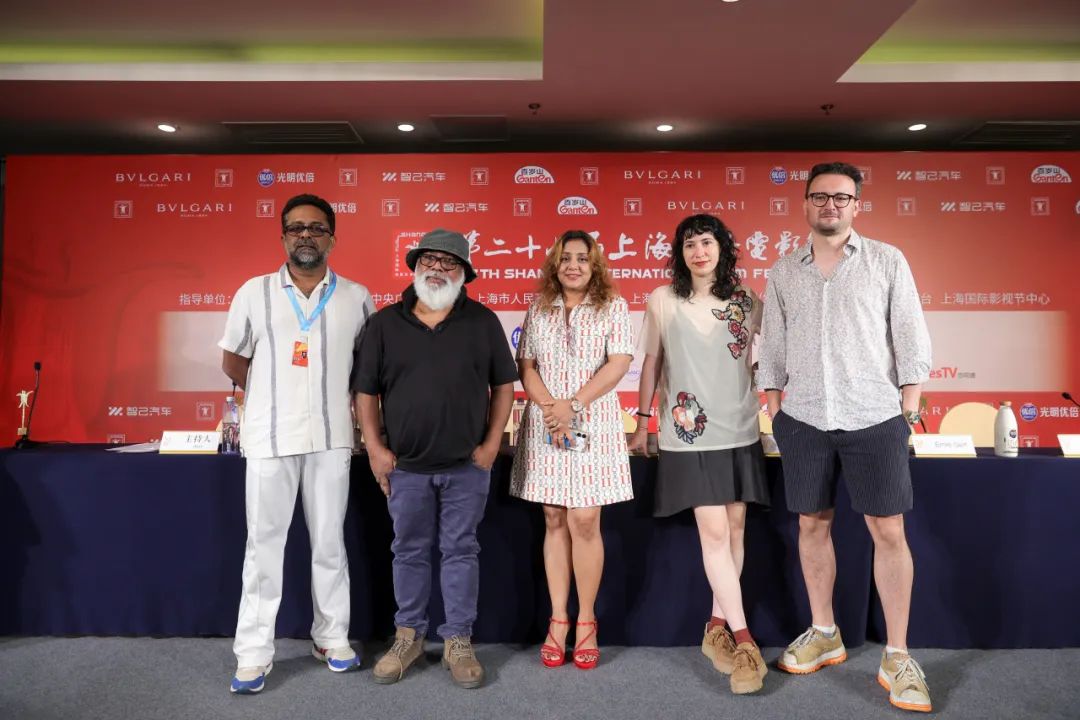 |
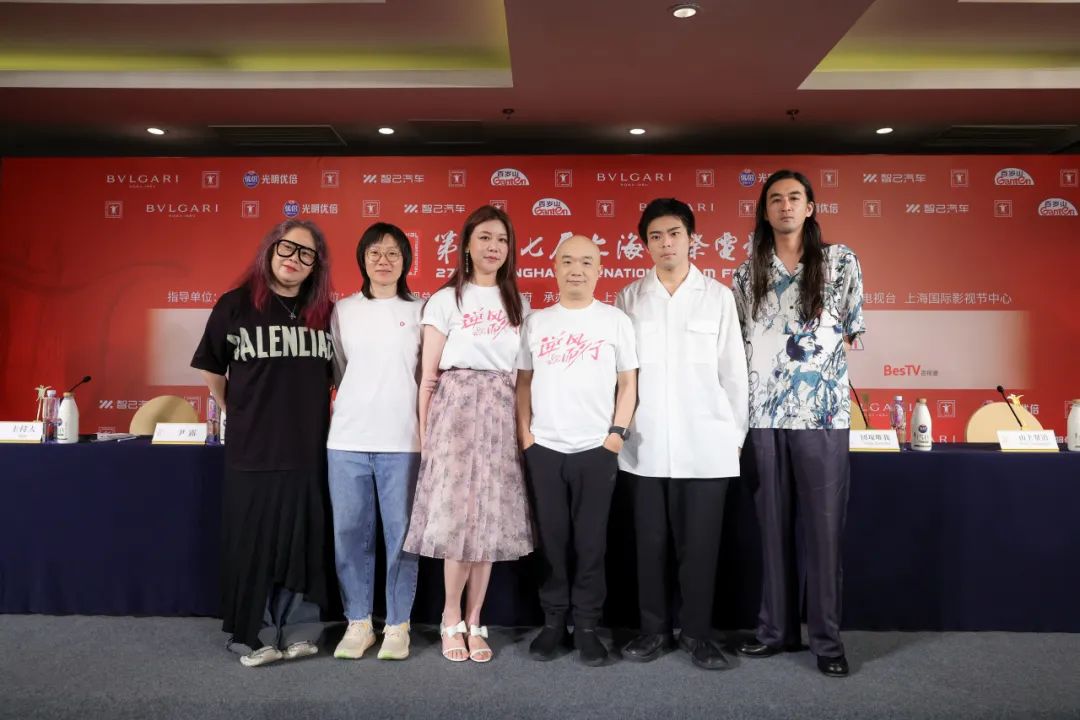 |
With the premieres of the shortlisted films now underway, audience feedback continues to build momentum. Through unique narrative perspectives and innovative audiovisual language, these debut directors have vividly expressed their distinctive creative identities and artistic ambition on screen. These works not only reflect the diverse cultural viewpoints within Asian cinema but also highlight the bold experimentation of a new generation of filmmakers, injecting fresh creative energy into the future of Asian film.
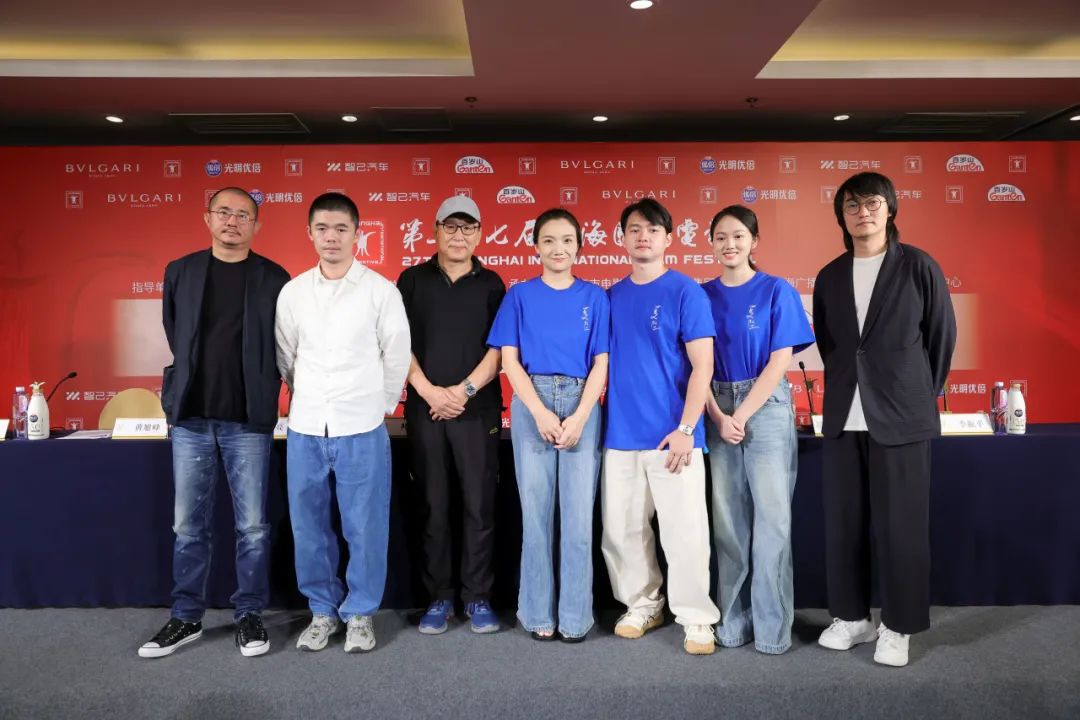 |
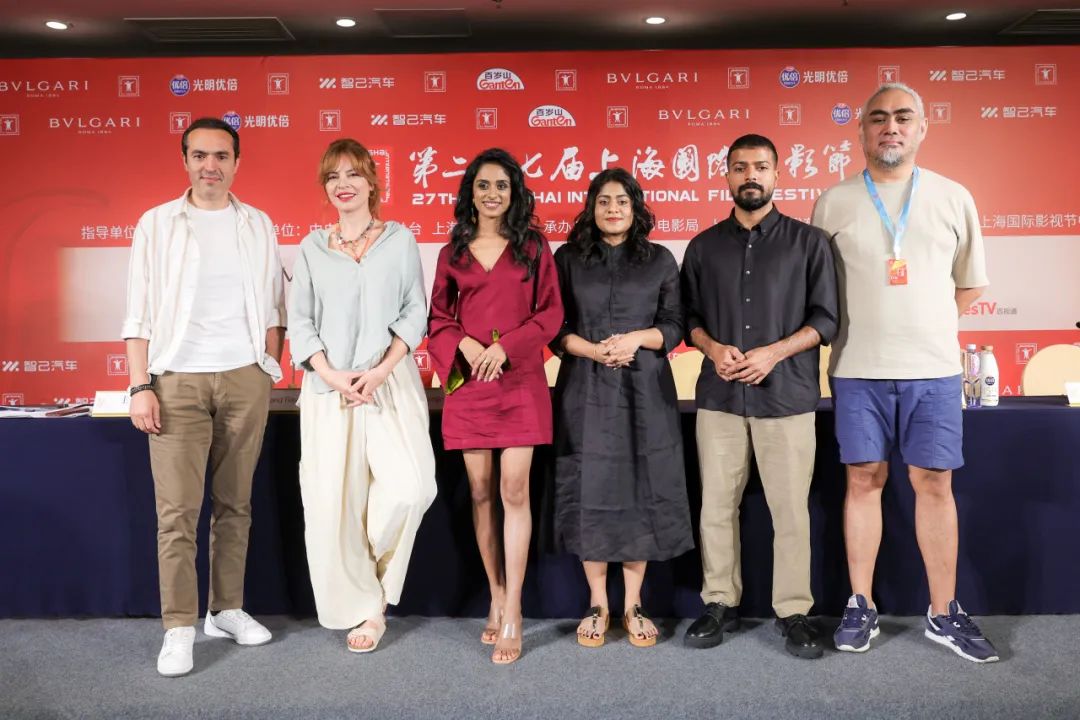 |
Focus on Growth with Rediscovered Strength
The film Victoria is the debut feature by Indian female director Sivaranjini J. It follows a day in the life of a young beautician named Victoria. The story transforms the confined setting of a beauty salon into a dynamic space where labor and rest, public and private life, intersect. Here, different women express emotions and exchange secrets, painting a vivid and realistic portrait of Indian women’s lives. As a female director, Sivaranjini J shared that her original intention in making the film was to give a voice to women in India: “Women there still face various forms of violence from both society and their families. I hope this film can offer them a platform to speak out.” Meenakshi Jayan, who plays the role of the beautician, added that her character represents hope and strength: “She’s always so selfless and kind, always putting others first. Through her, I was able to see the beautiful and bright side of life.”
 |
 |
 |
Cheng Liang’s Odds Beater is a film centered around the Gaokao, but unlike other high-energy films with similar themes, this one places greater emphasis on the expression of delicate emotions. It tells the story of a teacher who is facing career setbacks and a student who is perceived as underperforming by everyone. Over the course of their senior year, they mutually illuminate each other’s lives, finding the meaning of perseverance through adversity. Cheng Liang stated that this is not a film made solely for students. Anyone who has experienced life’s major challenges can find a reflection of themselves in it, rediscovering the strength of growth through hardship. Regarding the performances of the male and female leads, producer Ren Ning couldn’t help but praise Jing Boran and Zhuang Dafei at the event. She revealed that Jing Boran underwent a “complete transformation” to fit the character, “On set, many people couldn’t even recognize him.” Zhuang Dafei’s own life experiences, she added, are very similar to the character she plays, “Her natural performance really enhances the character’s resonance.”
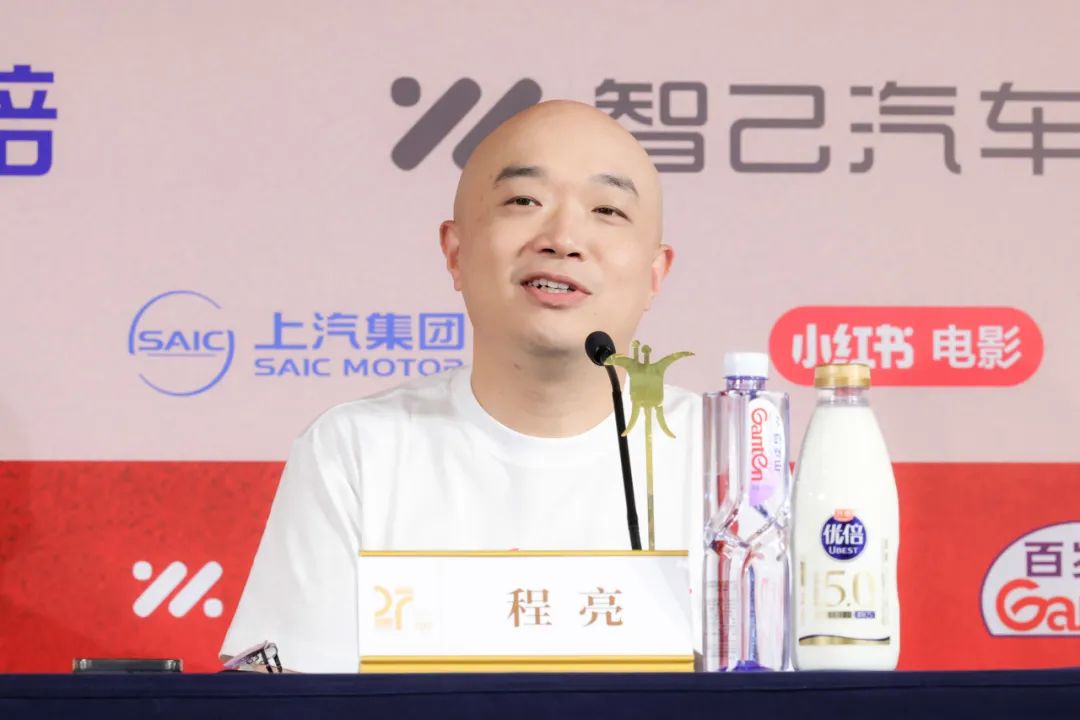 |
 |
The Last Summer begins with an incident involving a falling object, which serves as the entry point to explore the pain points of contemporary family life and the process of growing up. As his directorial debut, director Shi Renfei hopes that this film’s selection for the festival will resonate with audiences, and also stir up differing opinions. “I hope this is a film that can spark discussion - that is the true meaning of making a movie,” he said. Producer Lin Boyu also hopes to draw more attention to the 18-year-old female lead, Cui Zhongyu. “She was discovered through an online audition. Her self-made videos and personal confessions are quite impressive. We felt like every word she said was an expression of her own life experience.” When asked about her first time acting, Cui Zhongyu shared, “There isn’t much technicality in the performance – it’s more about being raw and heartfelt. I let the character live in my body, and maybe that’s why my performance feels logical.”

Water Can Go Anywhere is the second feature film by director Fang Liang. It tells the story of a teenager, He San, who, in order to escape the pain of losing his father, heads south and, amid the coldness of factory assembly lines and the warmth of youth, undergoes a rite of passage towards self-discovery. This film focuses on the theme of individual growth. Fang Liang explained that much of the protagonist He San’s story reflects his own childhood experiences. “I grew up in Hunan, and my hometown has many similar assembly line factories, which gave me the opportunity to focus on this social segment and understand the living conditions of young migrant workers,” he said. However, he emphasized that the film does not have grand narrative ambitions; rather, he wants to depict the growth process of a young person. “From being timid and withdrawn, to spreading his wings and navigating through society, I hope the audience will see the power of individual growth in the story.” Producer Huang Xufeng expressed high expectations for Fang Liang, saying, “Watching this film go from text to image, I must say its execution is nothing short of impeccable.”
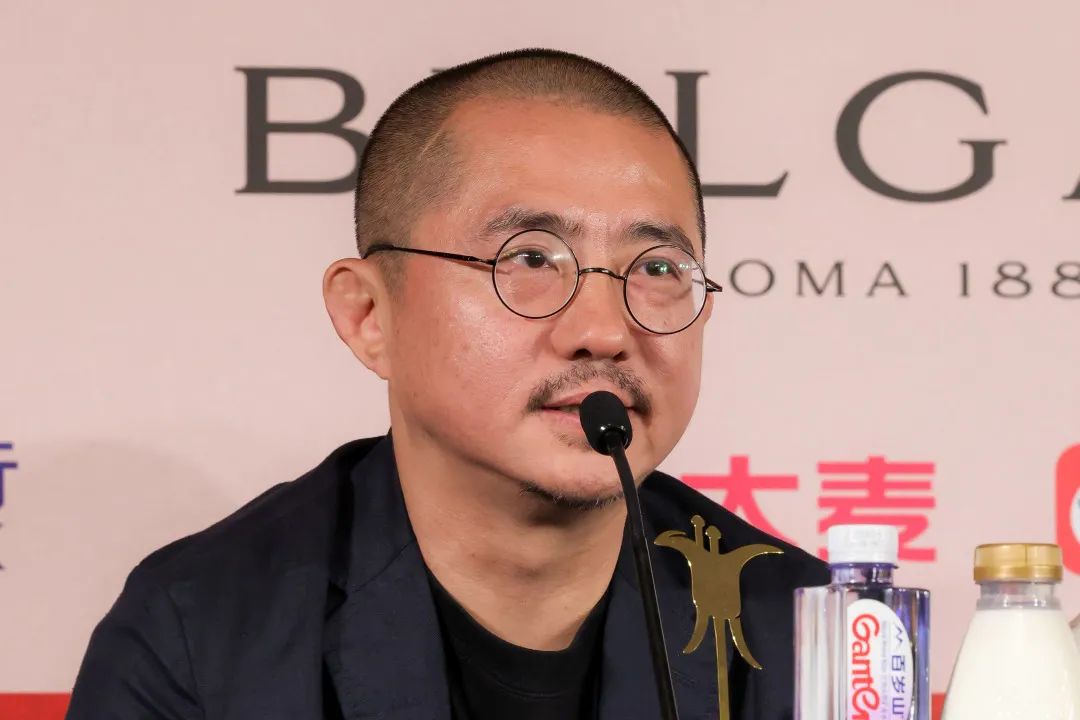 |
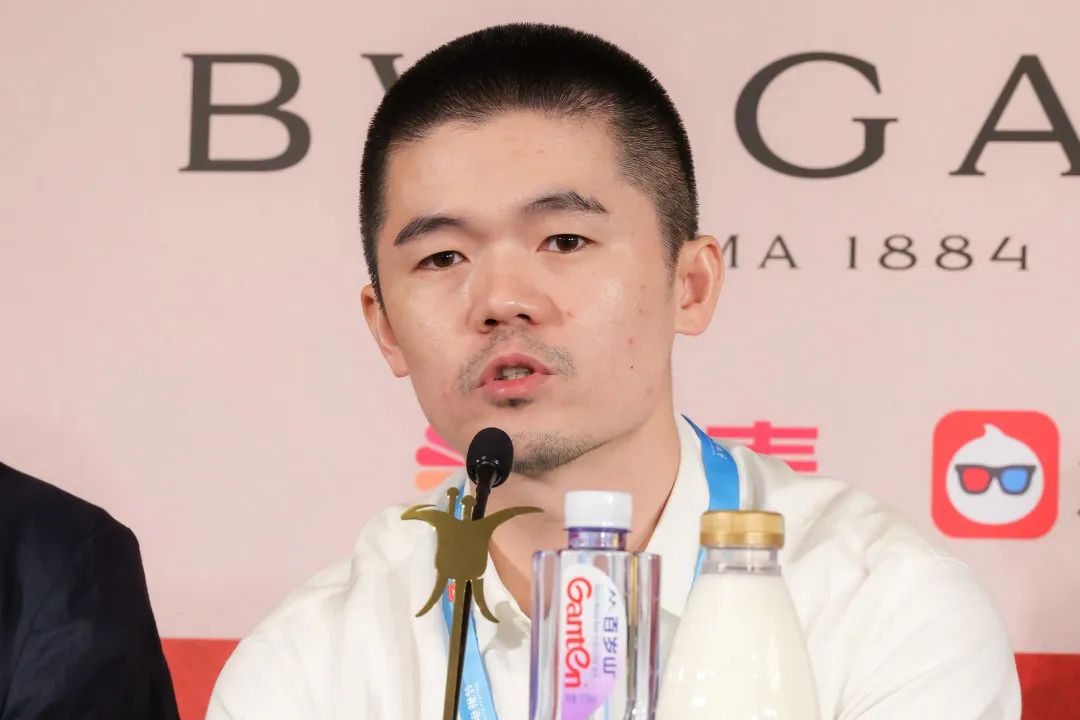 |
Thought-Provoking Insight into Society
The film Where the Night Stands Still focuses on the rarely depicted group of Filipino domestic workers in Europe, and delves deeper into the global immigration issue. The film’s co-producer Gutierrez Mangansakan shared that director Liryc, who once lived in Italy, has a deep understanding of the local migrant worker community, especially the Filipino domestic workers. The three Filipino siblings working as domestic helpers in Italy represent a microcosm of this group, and their experiences are marked by a deep sense of reality. Gutierrez emphasized that, in addition to resonating with a wider audience, the film’s more significant meaning lies in revealing the new problems faced by today’s migrant workers - when they subconsciously accept the oppressive methods of their employers, new forms of harm emerge.
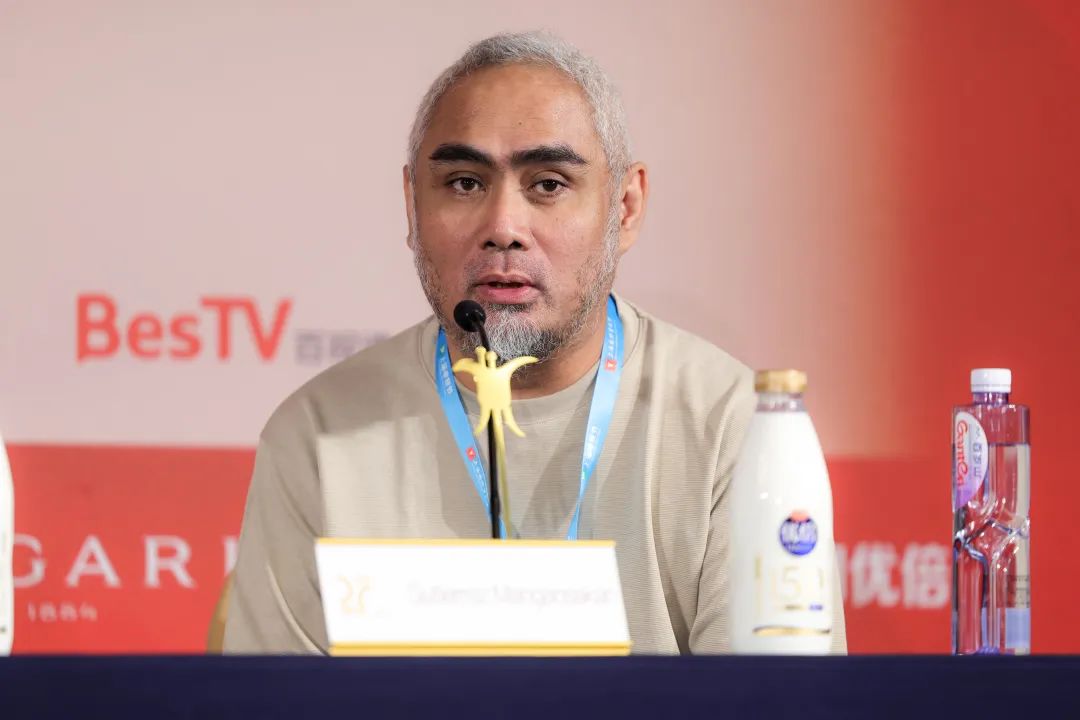
Grace for Sale is the debut film by directors Gözde Yetişkin Sübiler and Emre Sert, and it tells an absurd story set in a Turkish village. A stone falls from the sky and is discovered by local farmers. The news spreads quickly to the city, attracting the attention of various opportunistic businessmen. The film combines the rural realities of Turkey with the fable-like quality of dark humor, depicting a life driven by desire and its inevitable downfall. The directors stated that although the story may sound absurd, it presents a real rural scene. “The villagers still perceive the ‘falling stone from the sky’ as a divine gift, without understanding the scientific explanation behind it. As they face the temptation of money, they gradually lose their humanity.” The filmmakers aim to showcase the social contradictions currently facing Turkey - amid rapid modernization, the conflict between rural and urban areas is intensifying.
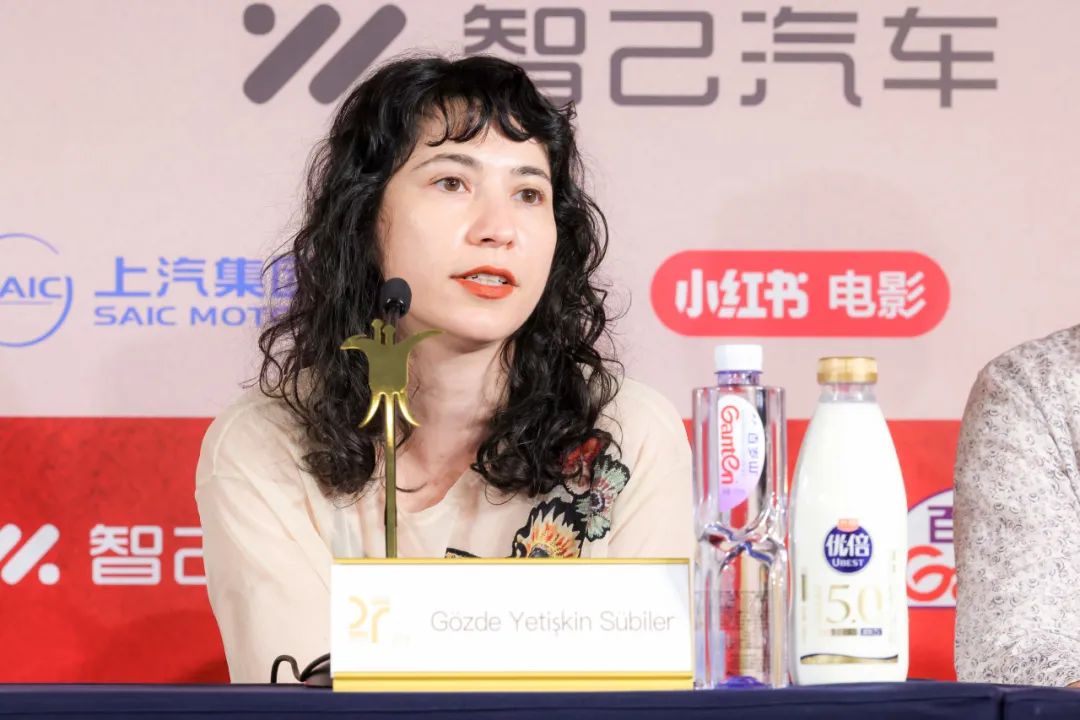 |
 |
RiverStone follows three Sri Lankan police officers escorting a killer to RiverStone Mountain for extrajudicial punishment. All four are tacitly aware of the deadly journey ahead, while the three police officers each harbor their own secret motives. Unlike traditional road films, which often end with conflict resolution, this film’s conclusion leaves everything unchanged. The gunshots of the extrajudicial killing echo through the valley, leaving the audience with a strong sense of heaviness. Director Lalith Rathnayake explained that this “insurmountable” dilemma reflects the current social situation in Sri Lanka: “Whether in the past or present, the abuse of power and disregard for justice has always been ongoing.”
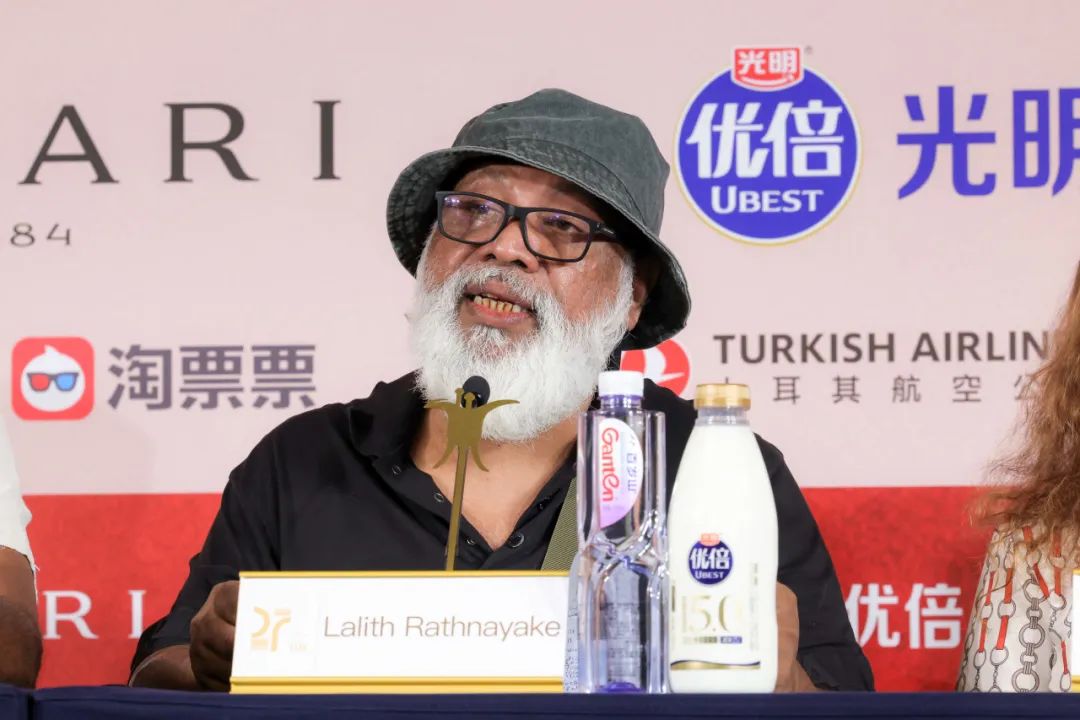 |
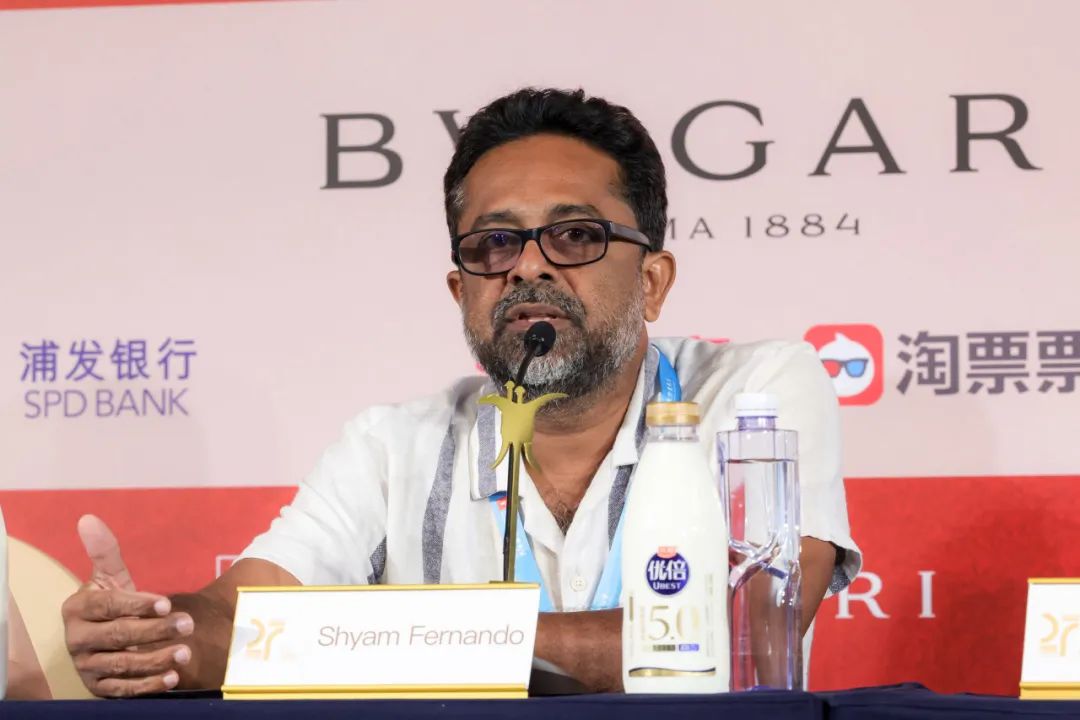 |
 |
Gathering Warmth to Heal Hearts
Kanto is the first narrative feature film by documentary director Ensar Altay, who was previously nominated for the Best Documentary at the 24th SIFF for his work Kodokushi, which explored contemporary social issues in Japan. Kanto continues his focus on modern urban social critique, turning the lens toward the complex emotional dynamics among three generations of women within a family. Ensar shared that this film also incorporates a documentary-style observational approach to portray how family members navigate and balance delicate relationships. Interestingly, the film also changed Ensar’s own life: “During the filming period, I started calling my mother every day, and that habit continues to this day.” He hopes that after watching the film, viewers will also call someone close to them. “Such a small change might deepen your relationship.”
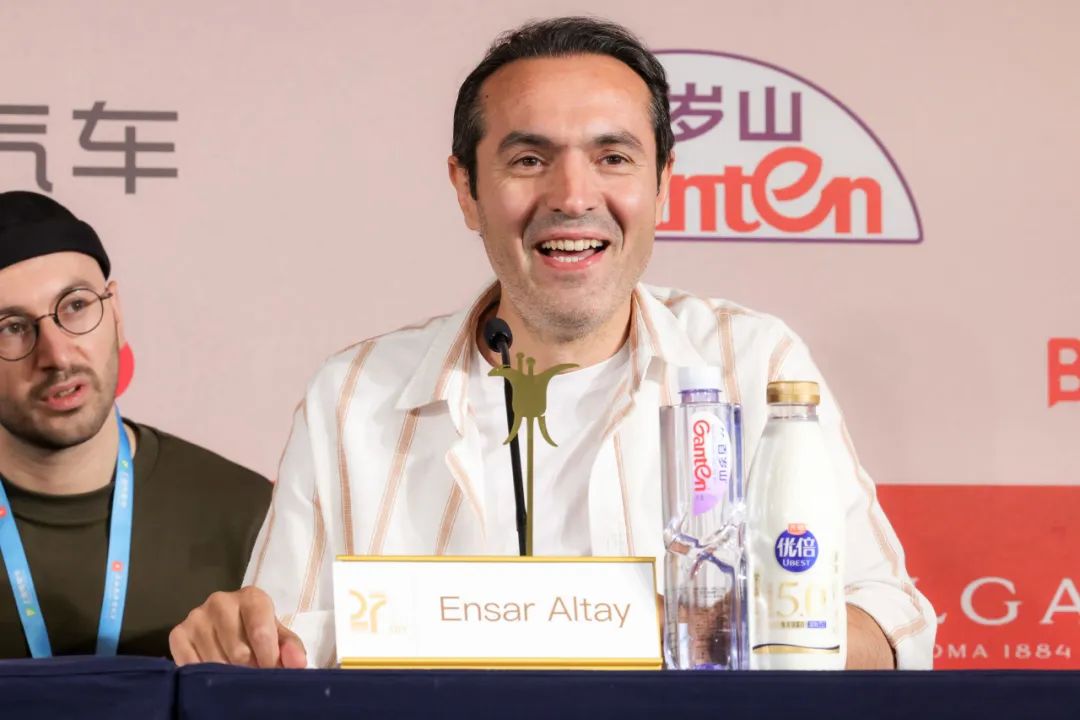 |
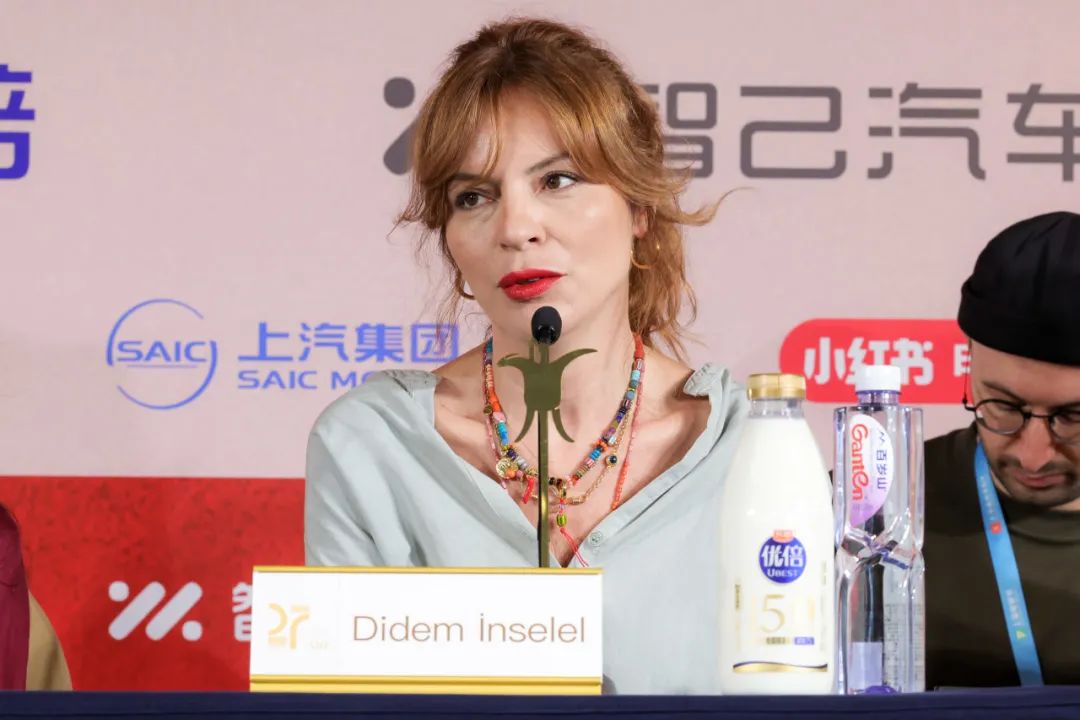 |
As The Water Flows is the debut narrative feature by director Bian Zhuo, which, from the perspective of a family outsider, outlines emotional fractures between generations and latent class tensions within contemporary Chinese families. Bian Zhuo took on the roles of director, screenwriter, and cinematographer all by himself, bearing both physical and mental pressure. He admits this is a challenge many first-time directors face: “Without enough funding, you have to explore and try things on your own.” Although the shooting period wasn’t long, the entire process from preparation to filming was a repeated ordeal for Bian, and just having the film shown to audiences already feels like a success. The film carries strong local characteristics of Yunnan. Lead actor Li Zhenping compared the film’s depiction of family life to Yunnan’s wild mushrooms: “The more you chew, the richer the flavor.”
 |
 |
Japanese up-and-coming director Danzuka Yuiga, born in 1998, tells the story of an ordinary Tokyo family’s journey from rupture to reconciliation in his debut feature film Brand New Landscape. Through wide shots of Shibuya, empty cityscapes, and intimate interior scenes, the film portrays the emotional emptiness and interpersonal detachment common in urban life. The director notes that in a city like Tokyo, individuals and families are constantly undergoing cycles of demolition and reconstruction. “The city is changing, and so are parent-child relationships. The two forms of change are subtly intertwined - changes within a family may seem insignificant, but they’re monumental to the individual; whereas even dramatic changes in the city may feel different for everyone.” He hopes to use this intriguing “contrast” to explore the evolving relationship between people and their cities in an age of rapid transformation.
 |
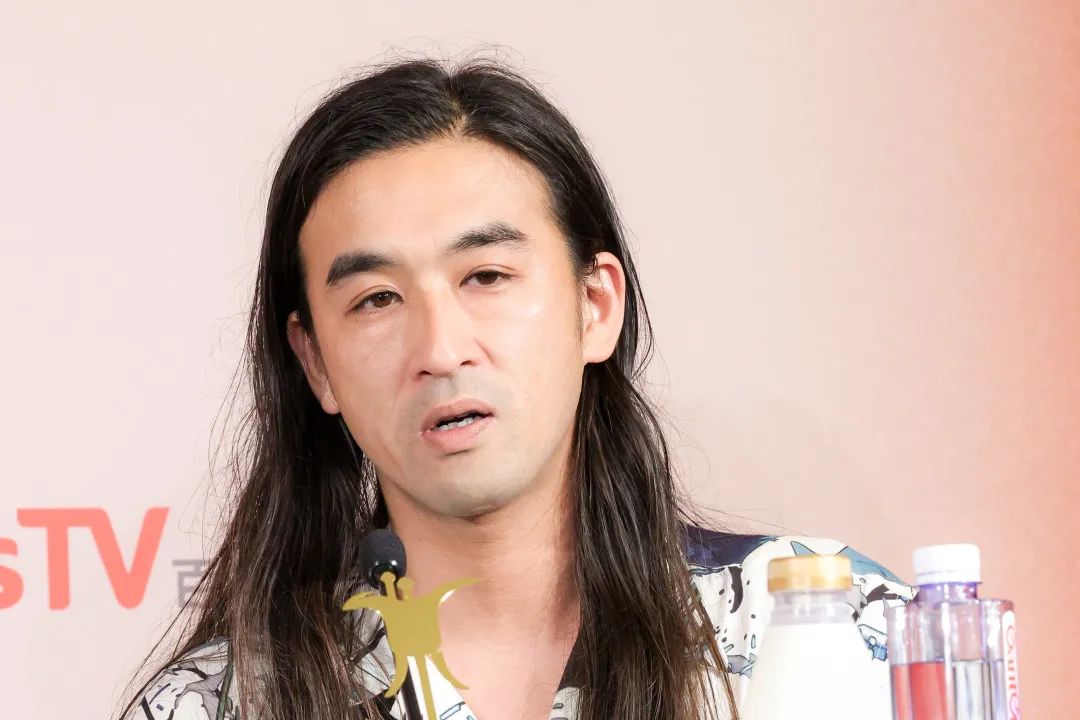 |
7 Days is the directorial debut of Qiu Yujie. The film uses a fantastical premise to explore real emotional experiences, blending themes of pure love, determinism, and anxiety about time. “The male protagonist, blessed - or cursed - with a mysterious ability to see a countdown on his romantic relationships, discovers he has only seven days left with the woman he loves. So, he decides to live those seven days as if they were a lifetime…” Qiu Yujie couldn’t help but smile as she introduced the plot at a live event. From concept to screen, she intentionally kept herself in a “vacuum”, a creative direction also championed by producer Yin Lu, who explained, “There are already too many realistic love stories. We didn’t want to produce more of the same, so we chose to detach entirely from reality and tell a story about love - pure and simple.” To Yin Lu, performers Jiang Qiming and Zhang Yifan are a “unique” pair: “From their appearance to their chemistry, they break away from traditional pairings. You rarely see this kind of couple on screen, and we hope their fresh dynamic brings a sense of surprise and delight to the audience.”
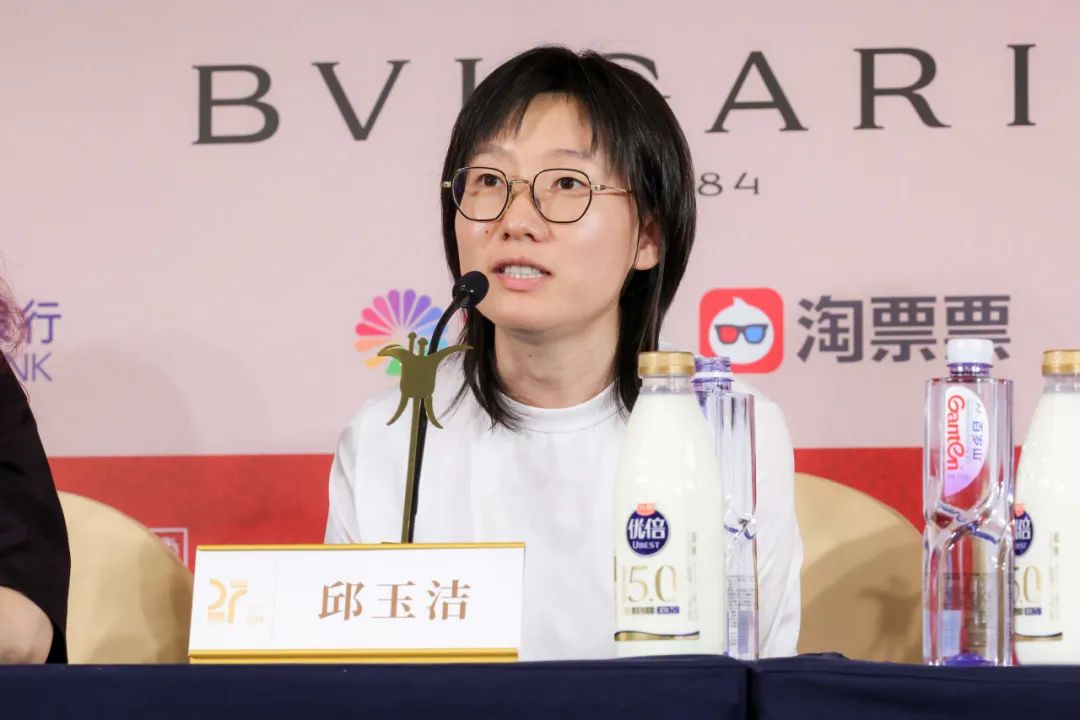 |
 |







